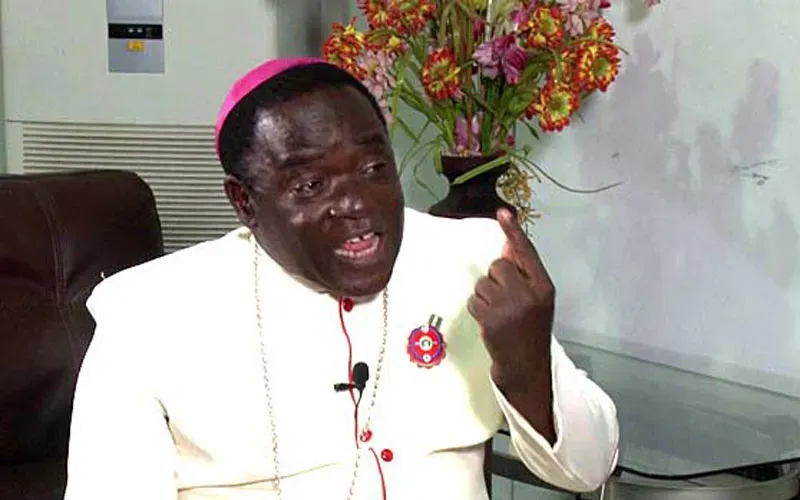Sokoto, 18 October, 2021 / 10:08 pm (ACI Africa).
Christians in Nigeria have a duty to take “seriously” the task of bringing unity and healing to their country, which “is fracturing and breaking apart by the day”, the Catholic Bishop of Sokoto Diocese has said.
In a message shared with ACI Africa Monday, October 18, Bishop Matthew Hassan Kukah urges followers of Christ in the West African nation to scrutinize their lives and see ways in which they could have contributed to the “crises that our nation faces today.”
“Our society is fracturing and breaking apart by the day. For us Christians that Jesus Himself prayed that we all be one, working for a united and peaceful world is our mission as Christians. We have a task to take our job as healers seriously,” Bishop Kukah says.
Reconciliation, the Nigerian Bishop adds, “is a fundamental part of the Christian faith and the reason is simple: Jesus came into a fallen world to reconcile it to God and the bridge on which we walk to that reconciliation is love.”
“Forgiveness is built into the DNA of all Christians,” the Local Ordinary of Sokoto Diocese who doubles as the Chairman of Dialogue and Mission at the Catholic Bishops’ Conference of Nigeria (CBCN) says in the message that was delivered at the 120th Founder’s Day Anniversary of the African Church October 12.








